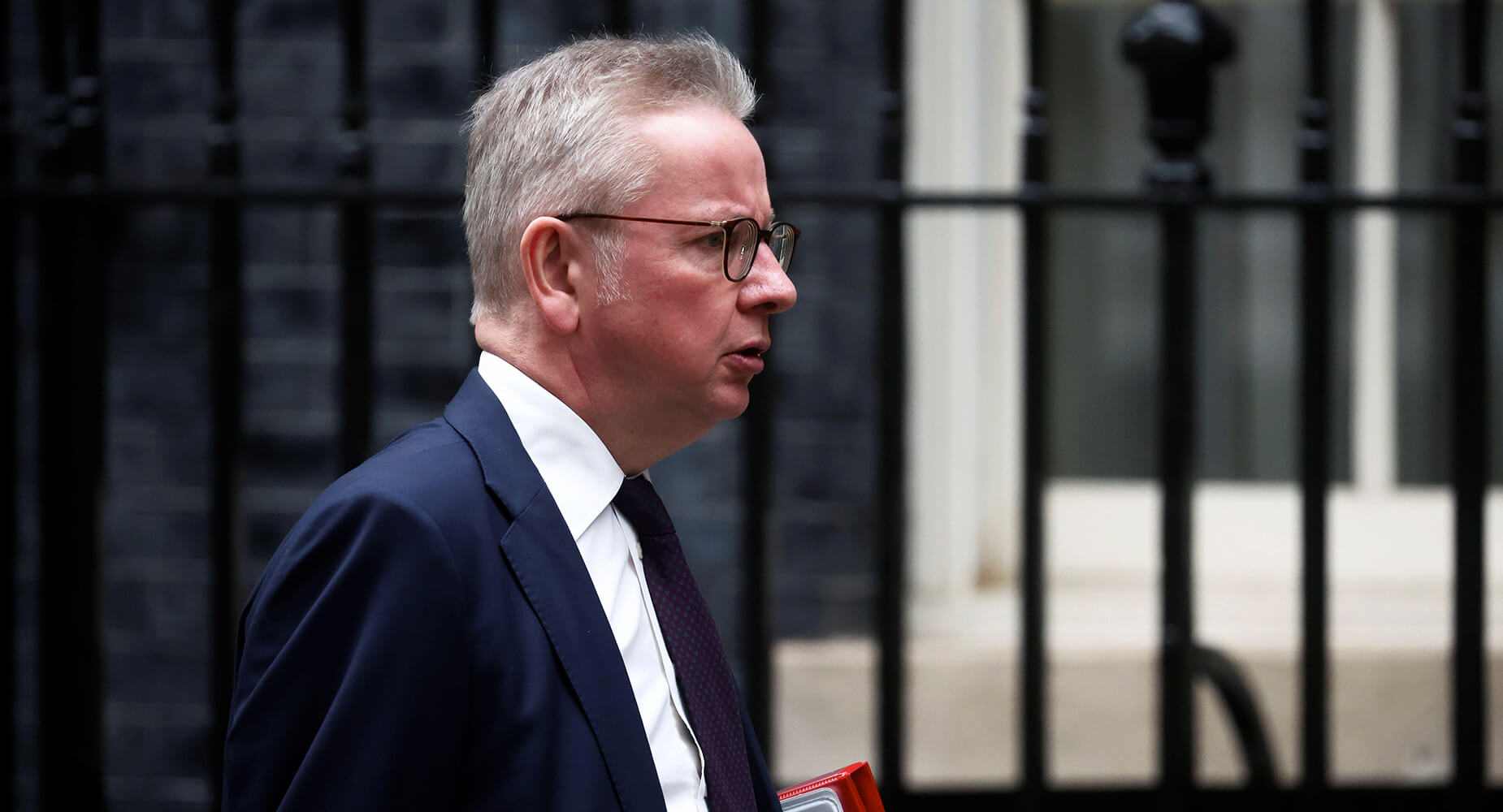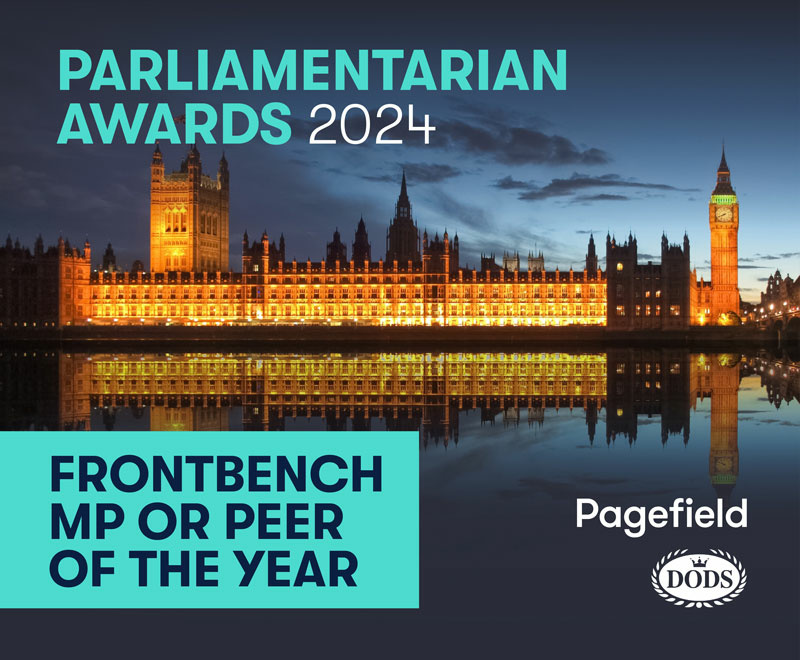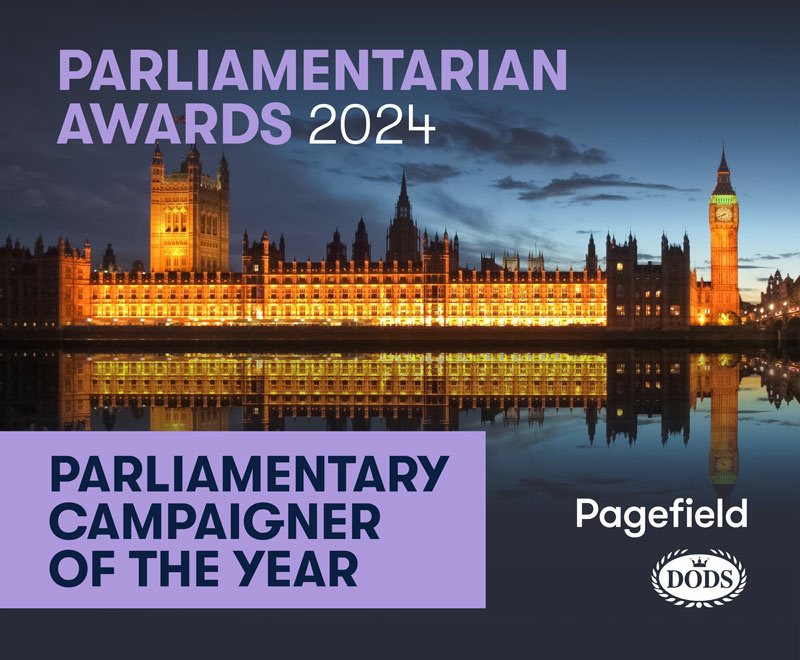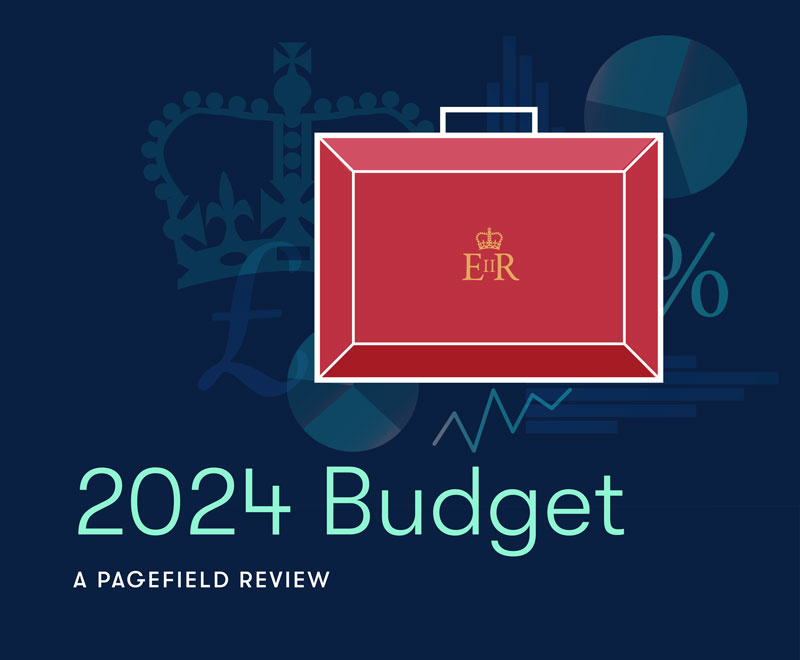On Wednesday, the Government published its long-awaited Levelling Up White Paper. As a term, ‘levelling up’ has been synonymous with Boris Johnson’s premiership. Critics of the Government have long argued that ‘levelling up’ is no more than a political slogan devoid of any real meaning, whilst members of the Government insist that maintaining the support of those who voted Tory for the first time in 2019 will not be possible without ‘levelling up’ the country.
After a tumultuous time for the Government, publishing the Levelling Up White Paper presented an opportunity to divert attention from the goings-on in Number 10, and to redirect it to what the Government is doing to deliver on the ‘people’s priorities’.
At Pagefield, we’ve reviewed the White Paper and have identified five things we’ve learnt since its publication.
‘Levelling Up’ is finally defined
The Government will be hoping that by publishing the Levelling Up White Paper, they can no longer be accused of treating the term as a political football.
It is clear that Government has looked to prominent metro mayors such as Andy Burnham in Greater Manchester and Andy Street in the West Midlands, and wants to further capitalise on their success. They have therefore set out a ‘levelling up’ approach that deepens devolution up and down the country, with a concerted shift of power from Whitehall into the rest of the country.
However, the choice of locations continues to provide debate. Whether the regions first identified for the so-called ‘county deals’ are those most in need is contentious and will no doubt continue to divide opinion.
Whilst laudable, there isn’t much that’s new
With the publication of the White Paper, the Secretary of State pledged to “change the economic model” of the UK for good. But in reality, are there any genuinely new ideas or funding announcements in the White Paper that we haven’t already seen?
Gove has always had a reputation as a ‘reformer’ and would have hoped to have exercised his considerable abilities in this newly expanded ‘super department’. There are undoubtedly encouraging elements to this White Paper, including commitments to further devolution, as well as increased investment in R&D and regional transport infrastructure.
The 12 ‘missions’ set out by Gove are laudable in themselves, from raising pay to cutting crime, or narrowing gaps in life expectancy to restoring local pride. The problem with these 12 ‘missions’ though is that they’re not accompanied by new funding beyond what was already announced as part of the Chancellor’s Spending Review last year.
How ‘levelling up’ is funded is creating tension within the Conservative Party
You can’t ‘reform’ without adequate funding, and it would seem as though Gove is becoming increasingly frustrated by Sunak clipping his proverbial political wings. Suggestions that their relationship has become increasingly rocky first came to light at the start of the year when the Chancellor vetoed a White Paper suggested by Gove setting out plans to overhaul British manufacturing.
But really, the Gove/Sunak stand-off reflects a growing chasm between different factions of the modern Conservative Party. The 2019 intake, whose victories were seen to be possible (in part at least) because of the Government’s commitments to levelling up, are expecting to see real change in their constituencies and quickly. This isn’t possible without raising taxes, and there is a large part of the Conservative Party that is concerned that the Prime Minister doesn’t share their vision for a ‘lightly regulated, low-tax’ economy.
This is a problem bigger than just the Levelling Up White Paper, and one to watch closely as the Chancellor circles around the Prime Minister’s increasingly volatile leadership. To which group will Sunak ally himself to, and how successfully will he be in being able to unify a Party which seemingly no longer recognises itself?
Plans for a ‘skills revolution’ do not go far enough
The Prime Minister has been clear that he wants to transform the UK into a ‘high-wage, high-skill, high-productivity’ economy.
And on all sides of the political spectrum, there’s a recognition that preparing for a green, net-zero recovery will require large portions of the economy to be reskilled. The White Paper reiterated the Government’s commitment to improving workforce readiness by requiring employers and colleges to collaborate on plans to match skills to the needs of industry, particularly emerging sectors which will be crucial to meeting net zero.
However, the ‘skills revolution’ promised in the White Paper seems to be about catching up, not pressing forward. Stephen Evans, Chief Executive of the Learning and Work Institute, said that investment in skills remains £750 million lower in 2025 than in 2010.
With the squeeze of the cost-of-living crisis starting to be felt up and down the country, the Prime Minister will need to do much more to convince the electorate that his Government is headed towards his vision of a ‘high-wage, high-skill, high-productivity’ economy. If he fails to do so, then voters will feel increasingly unsupported as they navigate what is certain to be a difficult few years.
The White Paper provided a much-needed distraction…at least for a short time
Uncertainty in the Conservative Party will continue to dominate the news agenda, especially while the Metropolitan Police carries out its investigation into 12 alleged Covid-rule breaking parties in Downing Street and Whitehall. With this in mind, it was never realistic to expect the White Paper to grab headlines and divert attention away from Johnson’s wounded premiership.
What the Prime Minister will have hoped, however, is that the White Paper would demonstrate two things. Firstly, that the machinery of his Government still functions – forget what you read in the news, we’re still focused on the job at hand. Secondly, and arguably more importantly, that his Government hasn’t forgotten what it promised large swathes of the population who went blue for the first time in 2019.
This White Paper, setting out the levelling up agenda’s policy programme, is a valid attempt at doing both these things. For a Prime Minister with, thus far, a solid track record of delivery (Brexit, vaccine rollout), he’ll be eager to deliver on his promise to ‘level up’ the country. Failure to do so could result in ‘red wall’ seats returning to their traditional heartlands. Time will tell.
At Pagefield we are experts in integrated campaigning, public affairs and corporate and brand communications. If you’d like to discuss how we can help you in 2022, please do get in touch via hello@pagefield.co.uk




